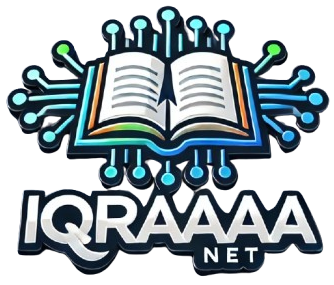In an era characterized by rapid technological advancements, the landscape of education is undergoing a profound transformation. The integration of technology into educational frameworks has not only redefined traditional teaching methods but also played a pivotal role in addressing knowledge gaps that persist in various learning environments. As we explore the multifaceted impact of technology on modern education, it becomes evident that its potential to enhance learning outcomes is both significant and far-reaching.
The Accessibility Revolution
One of the most notable advantages of technology in education is its ability to democratize access to knowledge. Online learning platforms, such as Coursera, edX, and Khan Academy, have made high-quality educational resources available to anyone with an internet connection. This accessibility enables learners from diverse backgrounds and geographical locations to engage with content that was previously out of reach. Consequently, students in underserved communities Berkatbet can access the same level of education as those in more affluent areas, thereby mitigating disparities and fostering a more equitable learning environment.
Personalized Learning Experiences
Technology also facilitates personalized learning experiences that cater to the unique needs of individual students. Adaptive learning technologies, powered by artificial intelligence, analyze a learner’s progress and preferences to deliver customized educational content. This individualized approach not only helps students grasp complex concepts at their own pace but also enhances engagement and motivation. By allowing learners to take charge of their educational journeys, technology empowers them to fill knowledge gaps that may exist due to varying learning styles or previous educational experiences.
Collaborative Learning Opportunities
The rise of digital communication tools has fostered collaboration among students, educators, and experts across the globe. Online forums, social media, and collaborative platforms such as Google Workspace allow for real-time interaction and knowledge sharing, irrespective of geographical constraints. This collaborative model not only enriches the learning experience but also encourages critical thinking and problem-solving, as students engage with diverse perspectives and ideas. By bridging gaps through collective intelligence, technology cultivates a more holistic understanding of complex subjects.
Resources for Educators
In addition to benefiting students, technology provides educators with invaluable resources to enhance their teaching methodologies. Professional development courses, webinars, and educational technology tools empower teachers to stay informed about the latest pedagogical strategies and innovations. Furthermore, data analytics tools allow educators to track student performance and identify areas needing improvement. By harnessing these resources, teachers can more effectively address knowledge gaps within their classrooms, leading to better educational outcomes.
